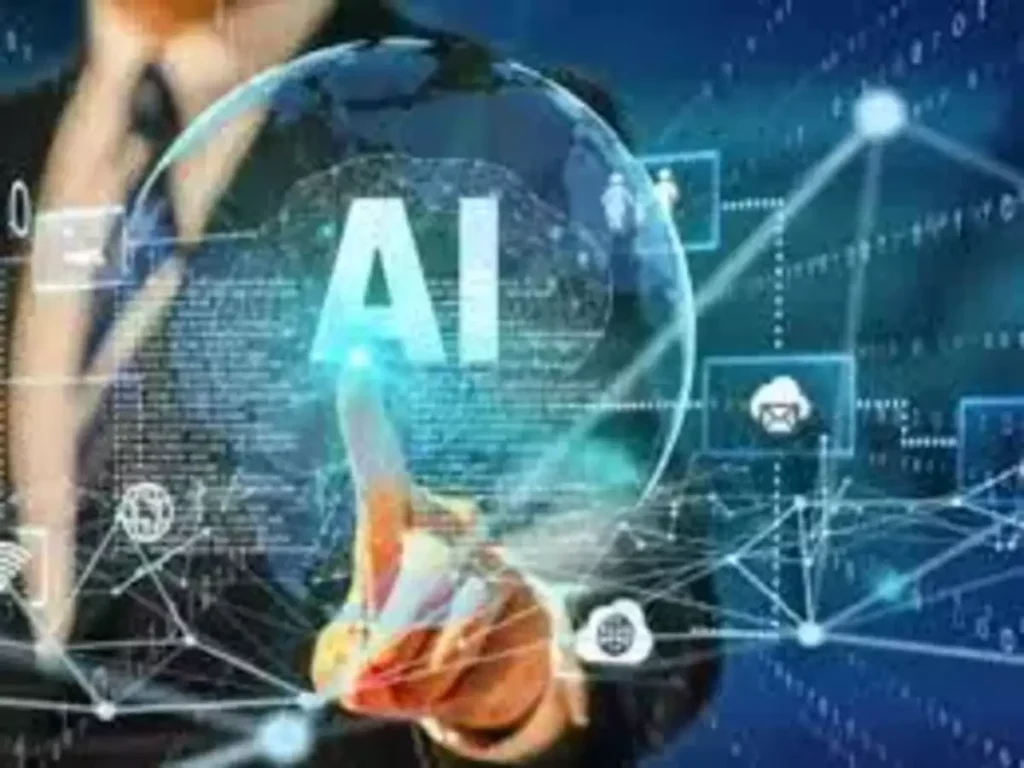Ted. These challenges include ethical issues surrounding data privacy and the replacement of traditional agricultural knowledge.
Case study: examples of successful applications of artificial intelligence in agriculture
The purpose of this section is to demonstrate how innovative technologies can solve real agricultural challenges by highlighting successful implementations of artificial intelligence in agriculture. These case studies describe the integration of artificial intelligence into agricultural operations and provide valuable insights and best practices.
How artificial intelligence can help agriculture become smarter
The next section explores the potential for AI to play a role in agriculture in the future, with a particular focus on the impact of combining traditional agricultural knowledge with advanced AI technologies. To benefit farmers, consumers and the planet, our goal is to develop an agricultural system that is not only sustainable, but also efficient and productive.
The impact of artificial intelligence on agricultural financing
In agriculture, the integration of artificial intelligence can have a significant impact on the economy. AI technologies are a smart investment in the future of agriculture as they have the potential to significantly increase efficiency and reduce waste in agricultural processes. In this section, we discuss the economic benefits of AI and the growing interest in AI among agribusinesses and investors.
Ethical considerations about artificial intelligence and agriculture
Due to the increasing popularity of artificial intelligence in agriculture, ethical issues need to be addressed. This part of the article explores the tensions that exist between technological advances and the preservation of traditional agricultural methods, highlighting the importance of establishing ethical guidelines to ensure the responsible application of artificial intelligence in agricultural environments.
final thoughts
In agriculture, artificial intelligence is not only playing a revolutionary role, but is also playing a broad role in providing answers to some of the most pressing questions facing agriculture today. The convergence of AI technologies is a ray of hope and a beacon of innovation. Let’s look forward to a future where agriculture is smarter, more environmentally friendly and more efficient. The road to smart agriculture is not smooth sailing. However, its potential benefits for food security, environmental sustainability and economic prosperity make it a goal worth pursuing.

